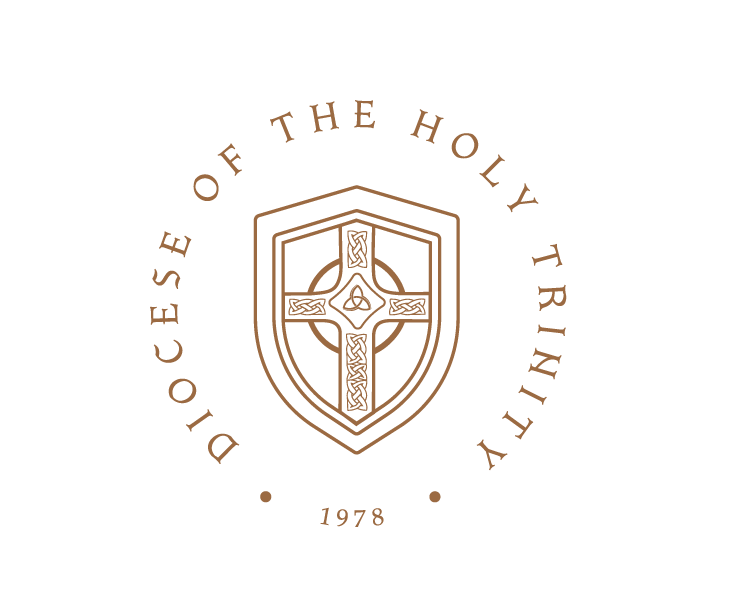Apostolic Ministry
Words take on different meanings with use over long periods of time. The word apostle means “one who is sent” (cf. John 20:21). Jesus told the apostles, “Go, make disciples of all nations” (Matthew 28:19). In origin, “apostle” is an active, missionary word. However, we tend to use the word apostolic in ways that are static and custodial. We focus on the concept of apostolic succession. The consecrations of our bishops stand in line of succession from the first apostles, and we are stewards of the faith they delivered to us. These points of emphasis are essential, but they are also inadequate when they are divorced from the original, missionary focus of apostolic ministry.The shift from an active to a static meaning resulted from the church becoming established. Missionary apostles were sent to evangelize new areas. Once the church was established the subsequent apostolic representatives in an area were charged with the task of maintaining and cultivating what had been planted. Stable, authorized leadership and solid doctrine are important to the task of maintenance. They keep false apostles and false doctrines at bay. The particular focus of apostolic ministry in a given place and time will necessarily be determined by the nature of the challenge. Are we planting a new church or are we building on what has been planted already?Anglicans tend to have an apostolic ethos of establishment and maintenance. The Church of England is a state church; people were part of it by birth. English bishops and priests took care of existing dioceses and parishes. To be sure, there were great English missionaries overseas. Anglicanism expanded with the British Empire, but we inherited more of the established church ethos. The Church of England did not think enough of the colonial mission opportunity in America to even provide a bishop for it—and the Episcopal Church in America was sometimes known as the “the country club at prayer.” The Anglican Catholic mission has been hindered by this apostolic ethos of establishment and maintenance because it has been lived out in isolation from the original apostolic focus on mission. We tend to hold on and stand fast when we ought to go and make disciples.We are no longer part of an established church in a stable Christendom. We can’t fulfill our vocation through a merely static and custodial definition of apostolic ministry. We have the faith once delivered to the saints like the first apostles, but, like them, we must go and make disciples. There would not be a universal church if they merely held on and stood fast. Our part of that universal work will not endure if that is all we do.We must change our concept of how apostolic ministry is carried out. It can no longer be understood merely as saying mass for the existing faithful, visiting current parishioners and holding office hours during which our people can come to see us. We must go out, find people and bring them to the church through relationship building and instruction. We can no longer expect people to come and listen to us by virtue of our office. We must go out, find them and listen. We must hear their stories and patiently teach them the new story of redemption through faith in Jesus Christ. We must fast and pray that people will be converted through the gospel we preach and live, and we must continually discuss new ways to expand our mission.There is, of course, a necessary and apostolic vocation to feed the existing sheep. However, there is also a necessary apostolic mission to the lost sheep. As a rule of thumb a given church ought to spend at least as much of its energy and time on mission as it spends on caring for its own. To embrace the fullness of apostolic ministry means both to be heirs of the orders and faith of the apostles, and also to be sent out into the world as missionaries to make disciples.

